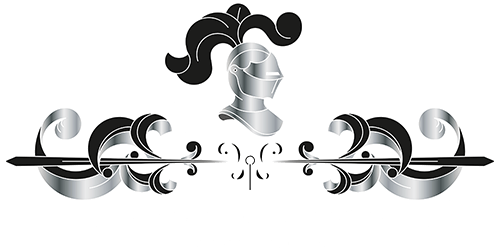THE OPERA DEI PUPI
Stories of arms and love
The Opera dei Pupi, the traditional Sicilian theater, dates back to the first half of the 19th century and has never ceased to fascinate the Sicilian public and beyond ever since. The Puppet Theater stages stories from medieval and Renaissance chivalric literature inspired by the Carolingian cycle. The first to collect all the legends, exploits and loves of Charlemagne’s knights and his enemies was Palermo-based master Giusto Lodico at the end of the 19th century. In doing so, Lodico performed a cultural operation of historical significance with his 13-volume collection entitled ‘History of the Paladins of France’. His collection became ‘U Libru’ for many Sicilians, especially the less well-off and non-literate, who, attracted by the Puppet Theater, also learned to read and write. Since then, the tradition of the Puppet Theater suffered a setback during the world wars and was certainly affected by the advent of technology and the variety of entertainment in recent decades.
Fortunately, however, despite the dark years of conflict and crisis, the puppet theater has never completely outlived its usefulness. He has preserved and transformed it by dressing it with the value of tradition. There are still many active puppet families, but in terms of construction techniques, puppet sizes, theatrical texts and acting, there are at least three main strands: the Palermo school, the Catania school and the Syracuse school.


